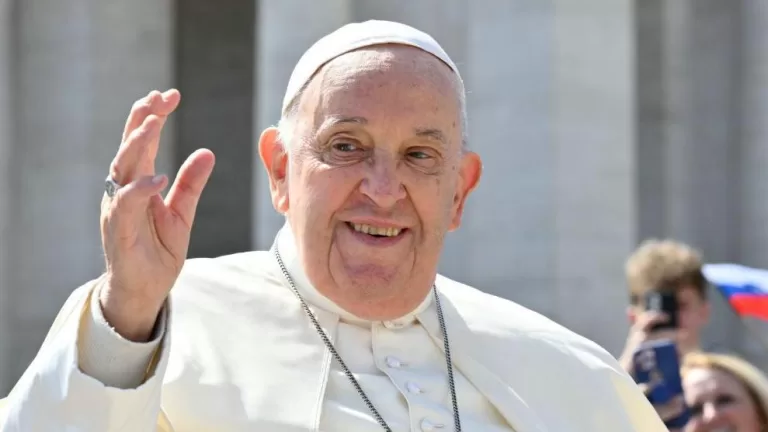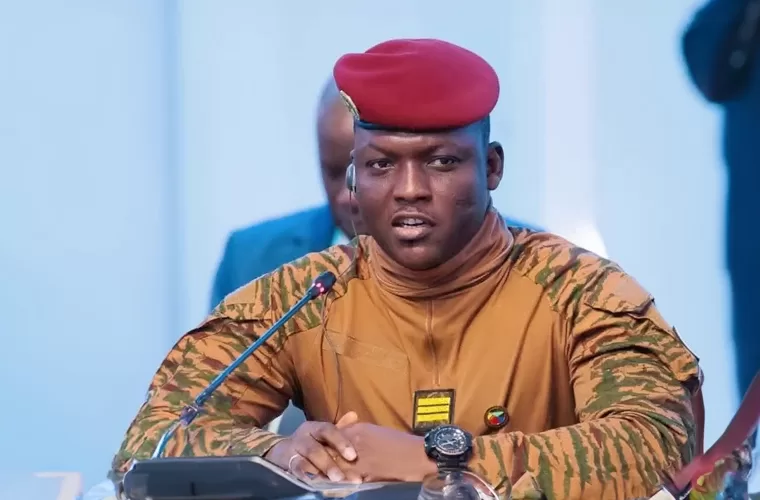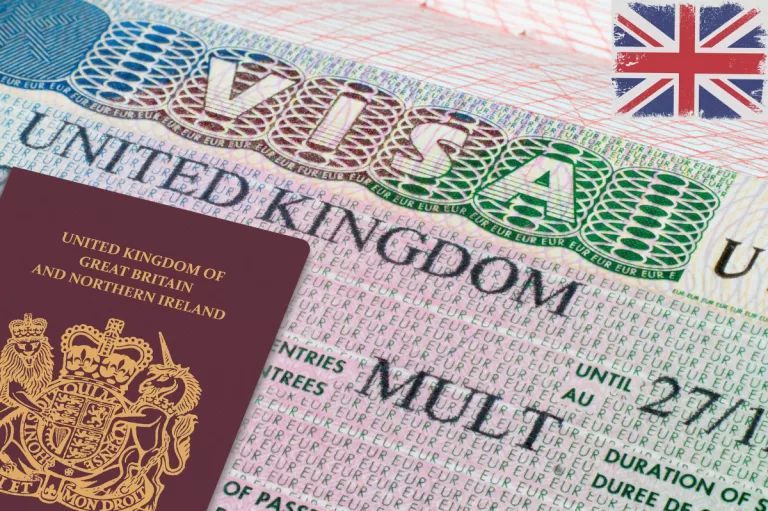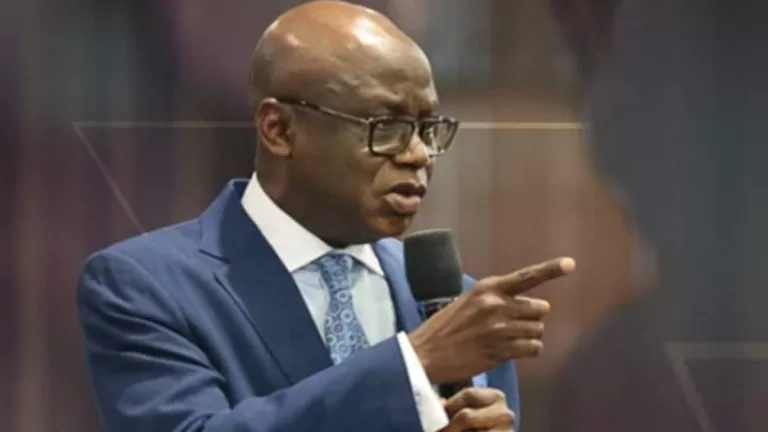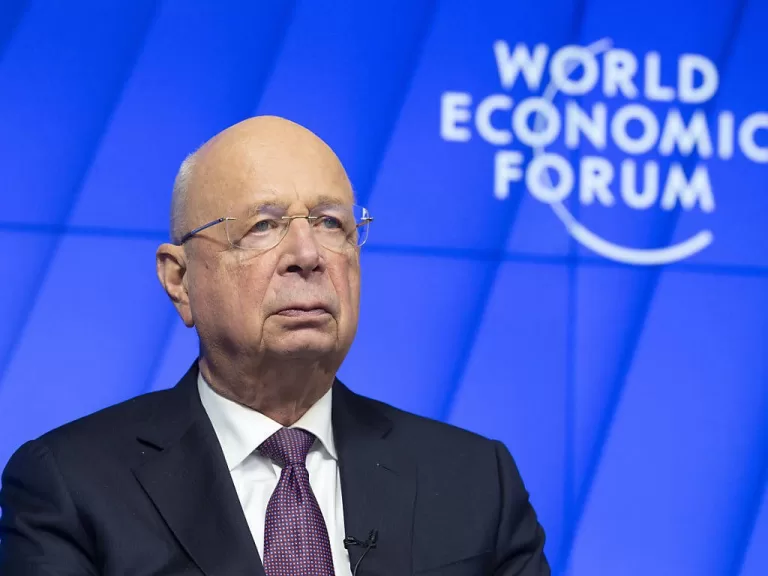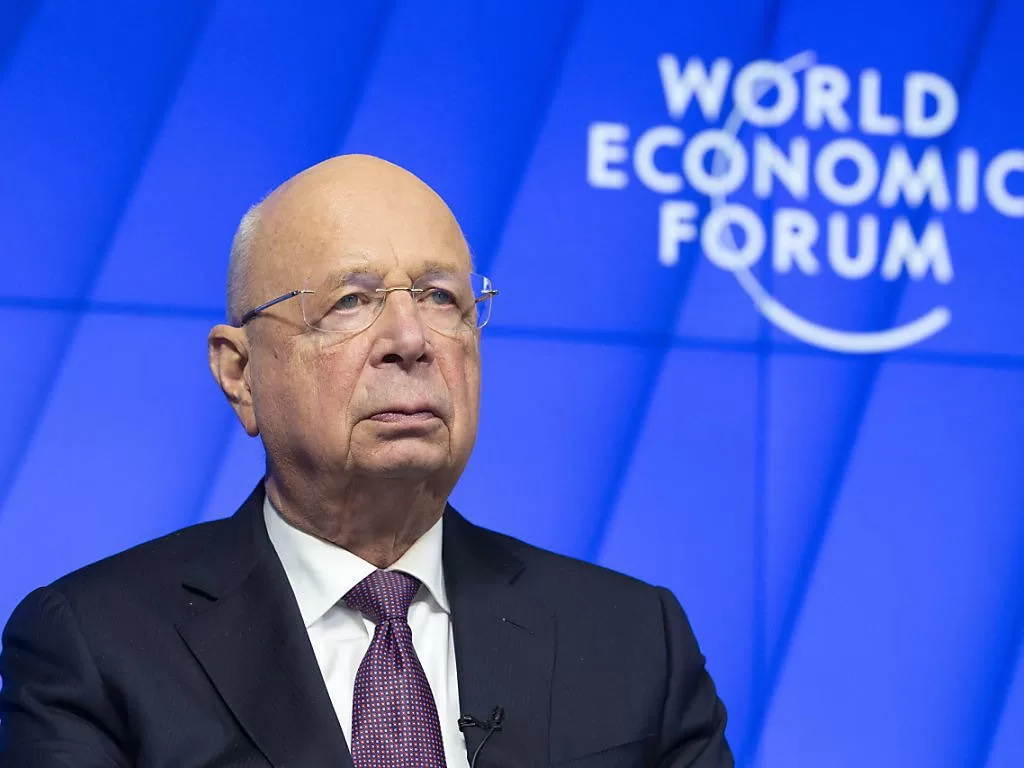
DAVOS — In a development marking the end of an era in global economic discourse, Klaus Schwab, founder and Executive Chairman of the World Economic Forum (WEF), has officially resigned with immediate effect, ending his five-decade tenure at the helm of the influential organization.
The announcement was confirmed during an extraordinary meeting of the WEF Board of Trustees held on April 20, 2025. Schwab’s abrupt exit comes just weeks after he publicly announced plans to step down once a successor had been found. However, the suddenness of this resignation — effective immediately — has raised questions and sparked widespread speculation about the timing and circumstances.
Peter Brabeck-Letmathe, former Vice Chairman of the Board and longtime associate of Schwab, has been appointed interim Chair. A Search Committee has been constituted to oversee the selection of a permanent successor.
Founded by Schwab in 1971, the WEF has evolved into a central stage for world leaders, CEOs, and civil society to debate and shape global economic policy. Schwab was widely known for advocating cross-sector collaboration and public-private partnerships. In recent years, however, he became a lightning rod for criticism over the WEF’s controversial “Great Reset” initiative, which called for restructuring global capitalism in the wake of the COVID-19 pandemic.
His leadership saw the WEF expand from a modest economic symposium in Davos to a global platform with significant influence over technology, climate change, digital policy, and economic governance. Yet critics argue that under Schwab, the Forum often blurred the lines between public accountability and elite-driven decision-making.
While no specific reason was given for the accelerated departure, the immediate nature of Schwab’s resignation — coupled with an emergency board meeting — has led to growing intrigue, particularly among those skeptical of the Forum’s influence on global affairs.
The resignation also comes on the same day as the reported death of Pope Francis, prompting symbolic interpretations and conspiracy-laden theories across social media platforms.
As the WEF enters a new chapter, questions loom large: Will Schwab’s departure mark a pivot in the Forum’s direction, or is it merely a changing of faces with the same agenda intact?
What is clear is that the departure of one of the most controversial and consequential figures in recent global policy circles marks a watershed moment. Whether it signals substantive change or strategic reshuffling remains to be seen.


